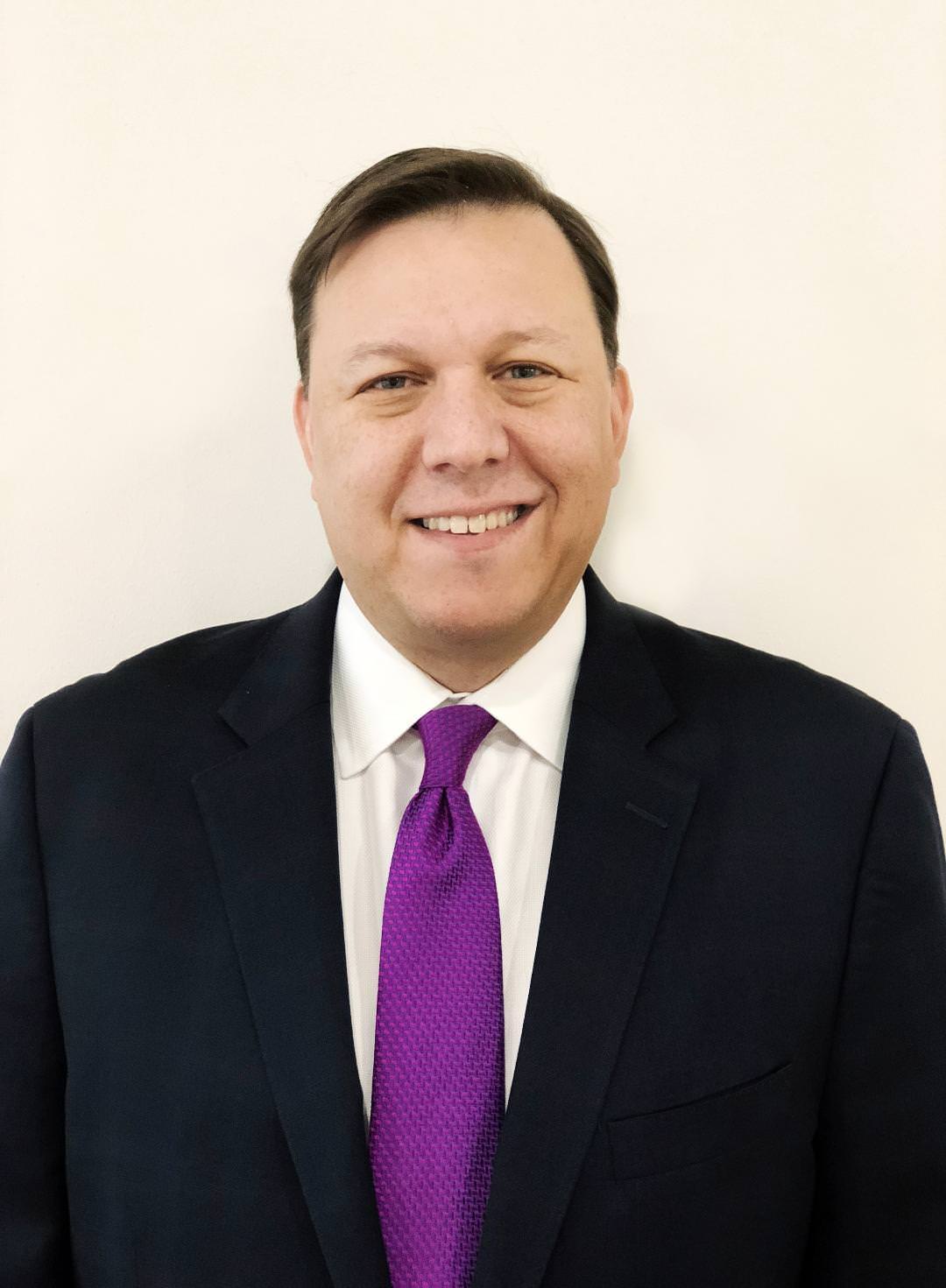January Public Policy Update
At the very tail end of 2023, we saw some movement in Congress that could bode well for the future of policies which advance recovery support services. The Senate HELP committee met in mid-December (a rarity!) to advance several key pieces of legislation.
Last month in this space, we reported on the Modernizing Opioid Treatment of Addiction Act (MOTAA), which aims to reform methadone prescribing. This legislation passed the committee by an overwhelming vote of 18-5, with ranking member Senator Bill Cassidy offering his support in order to make the effort truly bipartisan. The House has not acted on MOTAA, but we continue our advocacy. In January, four additional members of Congress have agreed to sign on as co-sponsors of the legislation: Representative Mare Bonamici (OR) Representative Richard Larsen (WA) Representative Adriano de Jesus Espaillat Rodriguez (NY) and Representative Chris Deluzio (PA). All these members are Democrats, and their support is welcome – yet the bill will need bi-partisan support to advance in the House, so we continue work with our partners in order to achieve this goal.
In the same hearing where MOTAA was considered, the committee also advanced the reauthorization of the SUPPORT act. This reauthorization will extend programs that are critical to recovery communities, such as the Building Communities of Recovery (BCOR) grant program, as well as the State Opioid Response grants, which has almost tripled in size since its introduction in 2016. Included in the Senate’s version of the SUPPORT act reauthorization were provisions of the bipartisan Providing Empathetic and Effective Recovery (PEER) Support Act, legislation to codify the Office of Recovery at the Substance Abuse and Mental Health Services Administration (SAMHSA). Another goal is to help peer support specialists serving individuals recovering from a mental health condition or substance use disorder by removing barriers to certification and practice. By instructing the Department of Health and Human Services, in collaboration with the Department of Justice, to research states’ criminal background screening processes, the bill aims to identify any hindrances to the certification or practice of peer support specialists. Evidence-based recommendations will then be provided to overcome these barriers, ensuring equitable opportunities for peer support specialists to serve their communities. Taking the lead on this legislation is Senator Tim Kaine (D-VA). The House of Representatives last month passed their own version of SUPPORT act reauthorization, but Kaine’s input on peers was not part of that bill. As with MOTAA, we must now work to advance the PEER act in the house, and the same challenges are present. Gaining bipartisan support is a must before we can hope to advance it. For now, it is sponsored by Representatives Andrea Salinas, Tony Cardenas, and Tracey Mann.
Also, in December the Senate Committee on Aging published a report led by Senator Mike Braun of Indiana, entitled “The Silent Epidemic: Fentanyl and Older Americans.” While much of the policy response to the opioid epidemic has focused on youth, the rates of opioid misuse amongst older Americans have outpaced almost every other age demographic. Among Americans 65 and older, overdose deaths quadrupled across the last two decades, and evidence suggests that synthetic drugs like fentanyl are adding to these fatalities. We were pleased to see recovery services receive attention in the report, as it cited the need to assess recovery capital, such as forging social connections and facilitating employment opportunities.

Andrew Kessler
Principal
Andrew D. Kessler, JD, is founder and principal of Slingshot Solutions LLC, a consulting firm that specializes in behavioral health policy. With 20 years of policy experience- and over a decade in behavioral health- Kessler is a fixture in circles that advocate for substance abuse treatment, prevention, recovery, and research. He collaborates frequently with congressional offices, the White House Office of National Drug Control Policy, the National Institute on Drug Abuse (NIDA), the Substance Abuse and Mental Health Services Administration (SAMHSA), and other federal actors. He is a frequent contributor to Politico, The Hill, and Alcohol and Drug Abuse Weekly,
Kessler has written legislation and report language published by both the House and Senate, and has presented orally before such bodies as the Scientific Management Review Board, the College on Problems of Drug Dependence, and the National Conference on Addictive Disorders. He is highly sought after as a speaker on substance abuse policy, as well as on advocacy training. He has presented on these subjects around the nation, and on several webinars as well.
Kessler received his Bachelor of Arts in 1993 from Washington University in St. Louis. In 1999, he graduated from American University’s Washington College of Law, where he received multiple awards and recognition for his legal analysis and moot court performance. He lives in Fairfax, Virginia, with his wife and two children.
